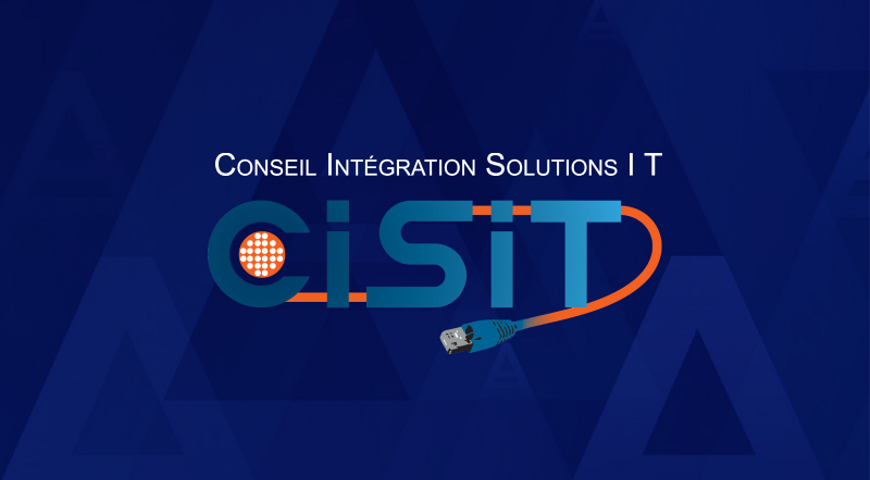Unless you've been living underneath a rock for the past two weeks, you've no doubt heard about the panic that the Heartbleed bug has caused among Internet users. MSPs can assuage their customers' concerns by providing them the information they need. Here's the latest on Heartbleed and more data protection news from around the Web this week:
MSPs and Heartbleed: What Customers Need to Know
The Internet bug Heartbleed has wreaked havoc since its disclosure last week, leaving many users worried about what it means for the security of their online data. Among those companies hoping to reassure their customers are MSPs. MSPMentor writer C.J. Arlotta offers MSPs this advice: "To ease their concerns, it's your duty as their trusted IT advisor to notify them of any potential flaws with the backup service you're leveraging to protect their data." Companies have notified their customers in several ways, including email and company blogs.
Read more at MSPMentor
Whoops! IRS Misses the Microsoft XP Expiration Deadline
It turns out that even the Internal Revenue Service misses deadlines sometimes. This month, the IRS missed Microsoft's April 8 deadline to migrate off of the Windows XP operating system a week before Tax Day. As a result, the IRS had to negotiate for an extended support deal with Microsoft. The IRS will have to come up with $30 million this year in order to migrate its 110,000 Windows XP PCs to Windows 7 and was unable to do so in time for the April 8th deadline. The reason? Tight budgets. According to Computerworld, the IRS will pay Microsoft an estimated $11.6 million for extended XP support.
Read more at CRN
Backup: Is Encryption Really Unnecessary?
Data backup and encryption are commonly recommended to all digital data producers, consumers and businesses alike. Without data backup, companies risk losing important information, and without encryption they are vulnerable to identity theft and hackers. However, is a costly encryption service necessary for most users? Not if users encrypt the correct drive, says PCWorld contributing editor Lincoln Spector. "If you’re worried about someone stealing your external drive and reading your sensitive files, you should also worry about someone stealing your PC and doing the same thing," says Spector. "And that means you need to encrypt your sensitive files on your internal drive. And if you pick the right tool for encrypting them there, the backup will be automatically encrypted."
Read more at PCWorld
The Promise of Cloud Technology for the Healthcare Industry
As everyday activities become increasingly mobile, people rely more on smartphones, tablets and the cloud. The healthcare industry is no different, says Joseph Petro, senior vice president of healthcare research and development at Nuance, a healthcare technology company. That means physicians have a growing need for BYOD programs and on-the-go access to data. One way to meet this need is through Clinical Language Understanding technology (CLU), which is designed to help physicians access information faster through speech recognition and the vast amounts of data that can be stored in the cloud. "On the cutting edge of CLU’s application are virtual assistants, which use the cloud to enable dialogue between physicians and their clinical applications that uses meaningful information to enhance workflows and inform clinical decisions," explains Petro.
Read more at Wired
About Acronis
A Swiss company founded in Singapore in 2003, Acronis has 15 offices worldwide and employees in 50+ countries. Acronis Cyber Protect Cloud is available in 26 languages in 150 countries and is used by over 21,000 service providers to protect over 750,000 businesses.



